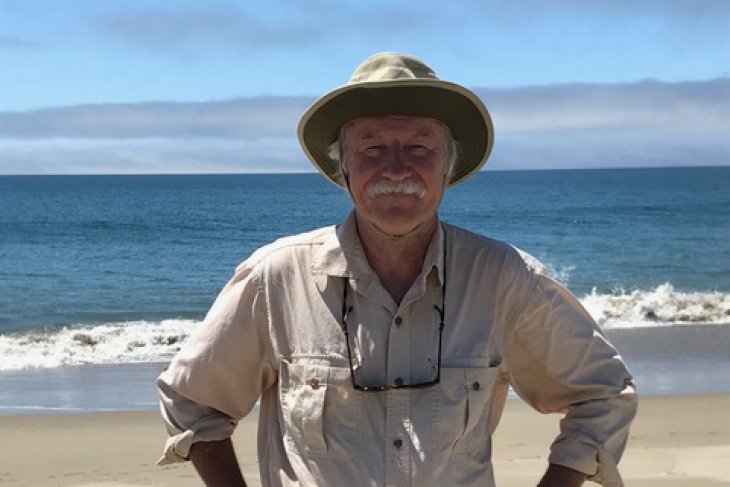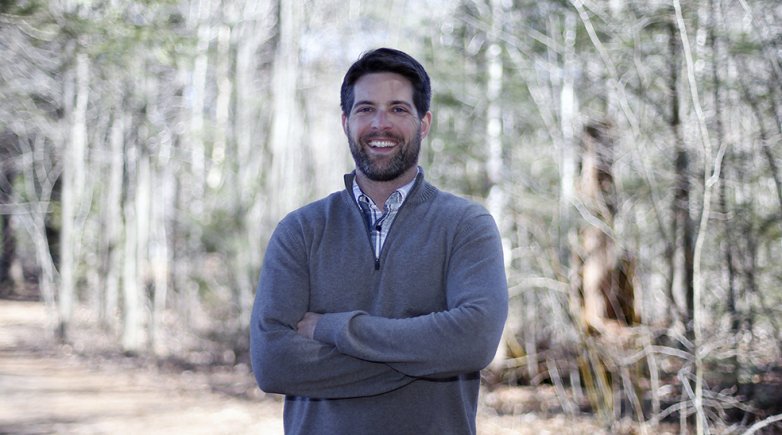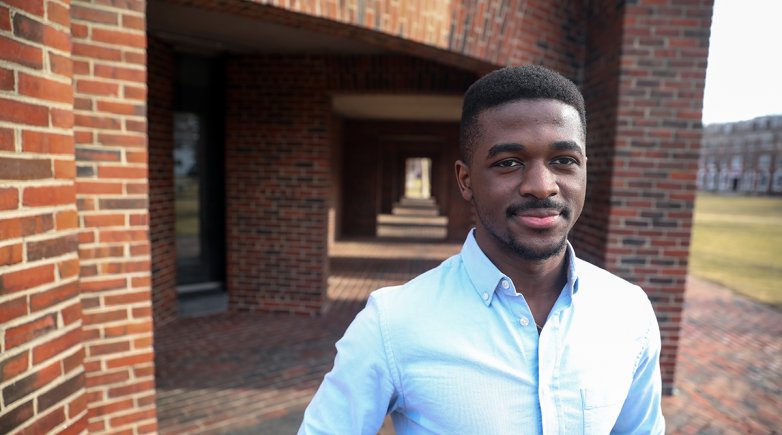Hal Thomas '70

"Exeter really sparked my interest in the law as a way of making change."
The film was short— no more than eight minutes — but the images it contained were shocking, Hal Thomas ’70 thought. The red-brick smokestack of the Milliken textile mill belching streams of dark smoke into the air over downtown Exeter flickered on the screen, as did shots of the orange effluent the plant would dump into a holding pond along the Squamscott River bordering Swasey Parkway.
It was 1970, and Thomas, a senior in Hoyt Hall, served as chairman of Ecology Action, or Eco-Action, the leading environmental group on campus at the time. As part of efforts to commemorate the first Earth Day at the Academy and in the surrounding community, he and fellow student environmentalists had lobbied successfully for $200 from the Student Council to make the 8-millimeter short film depicting examples of pollution around town. They showed it in Assembly Hall, as well as in Exeter’s local churches and at civic group meetings.
“It wasn’t like there were PowerPoint projectors in every church,” Thomas says. “You ended up bringing speakers and an old-fashioned projector with two reels. It was a big deal, and it was quite rare at that time that students would be out making movies.”



